PsychNewsDaily Publishers
100 Summit Drive
Burlington, MA, 01803
Telephone: (320) 349-2484
PsychNewsDaily Publishers
100 Summit Drive
Burlington, MA, 01803
Telephone: (320) 349-2484
New Jersey provides 24/7 mental health support through the 988 Suicide & Crisis Lifeline, community resources, and crisis centers, ensuring access regardless of income.
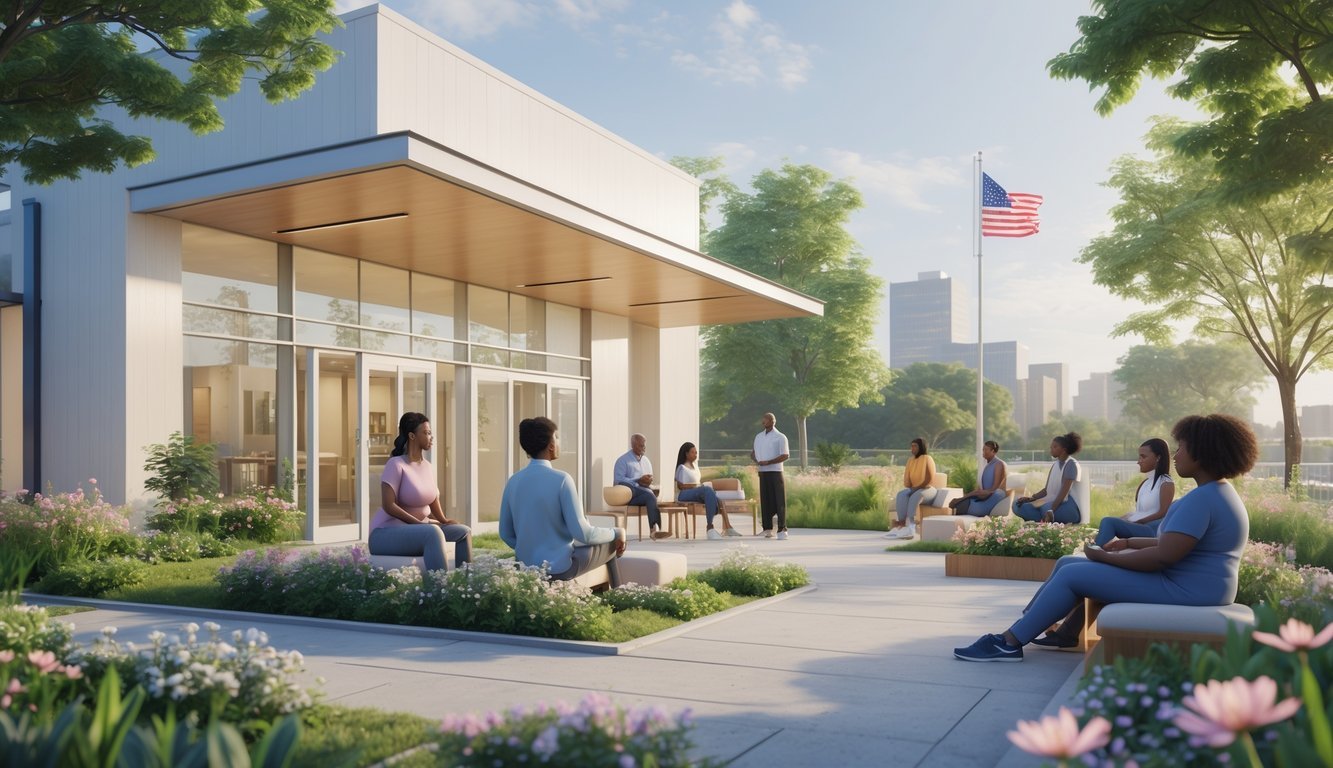
Looking for mental health support in New Jersey? It shouldn’t cost you a fortune or leave you stuck on a waiting list for months. There are plenty of programs in the state that offer immediate help through hotlines, walk-in centers, and community resources.
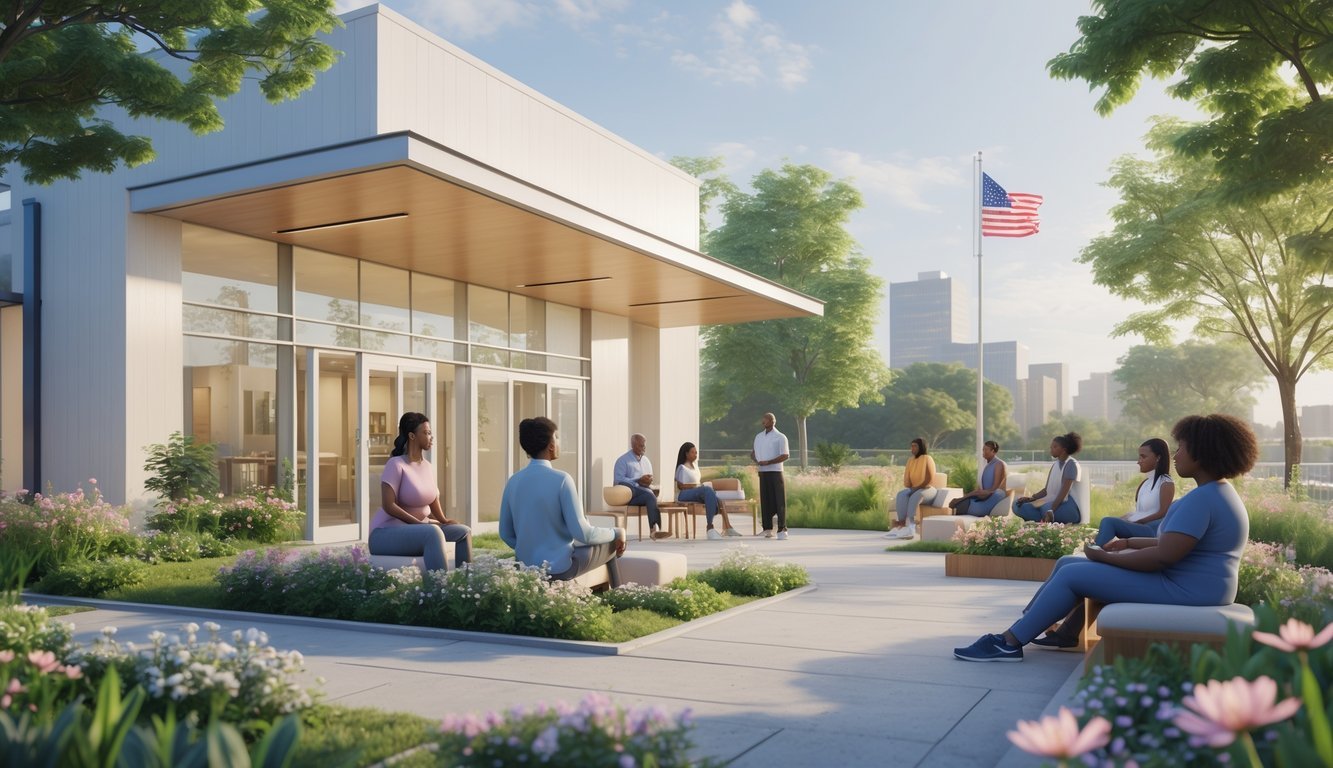
New Jersey gives you 24/7 free mental health support through the 988 Suicide & Crisis Lifeline, youth helplines, and walk-in crisis centers. Trained counselors are ready to talk with you about depression, anxiety, substance use, or crisis situations. Many programs accept folks without insurance, and some offer sliding scale payments if your income is tight.
If you need someone to talk to right now, or you’re looking for regular therapy, New Jersey has a network set up to meet you where you are. There are programs for youth, adults, and people in crisis. Just knowing what’s out there can be a big first step toward getting the support you need.
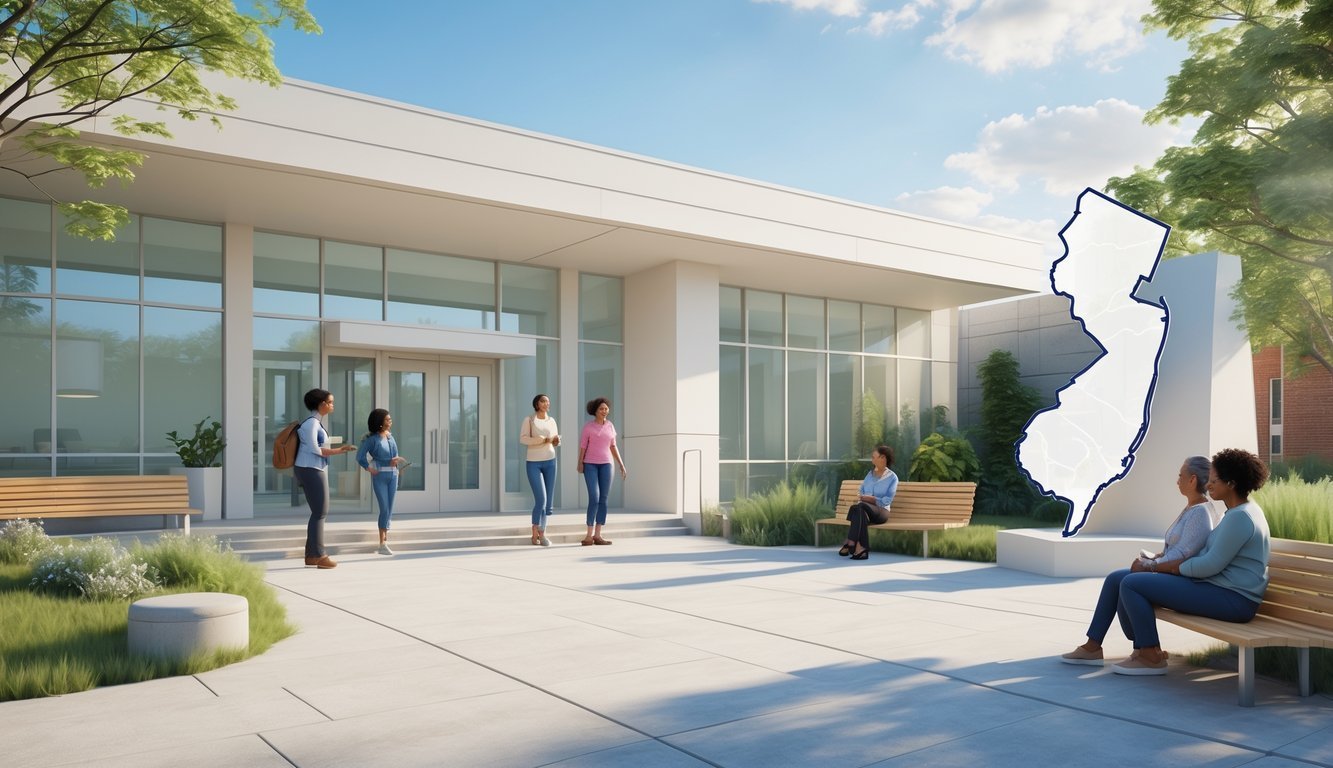
The state has a bunch of free mental health services through state programs, local centers, and crisis lines. You can use these services no matter your income, but some have rules about age, where you live, or how serious your needs are.
Most free mental health services in New Jersey are open to all residents. Crisis services don’t ask for proof of insurance or income.
You can reach 988 crisis hotlines 24/7 for emergency mental health support. Just call or text 988 if you need help right away.
Some community mental health centers ask that you live in their area. Certain programs focus on groups like children, older adults, or people with serious mental illness.
Adult behavioral health walk-in clinics let you show up without an appointment during their hours.
Crisis intervention covers phone calls, texting, and chat support. The 2NDFLOOR Youth Helpline helps young people at 1-888-222-2228.
Walk-in psychiatric clinics offer short-term help and can connect you to longer-term care. Staff usually include psychiatrists, social workers, and peer advocates.
Community-based behavioral health services give ongoing support like counseling, group therapy, and case management.
Some programs focus on people with developmental disabilities or victims of crime. These services address specific mental health needs and life situations.
Call 988 right away if you’re in a mental health crisis. Trained counselors will support you and connect you with local help.
Visit a walk-in crisis center for an immediate evaluation. No need to schedule ahead.
Reach out to your county human services department to find out what’s available nearby. Every county has its own free mental health programs.
You can ask about wraparound services that combine treatment with community support. These programs can help both you and your family.
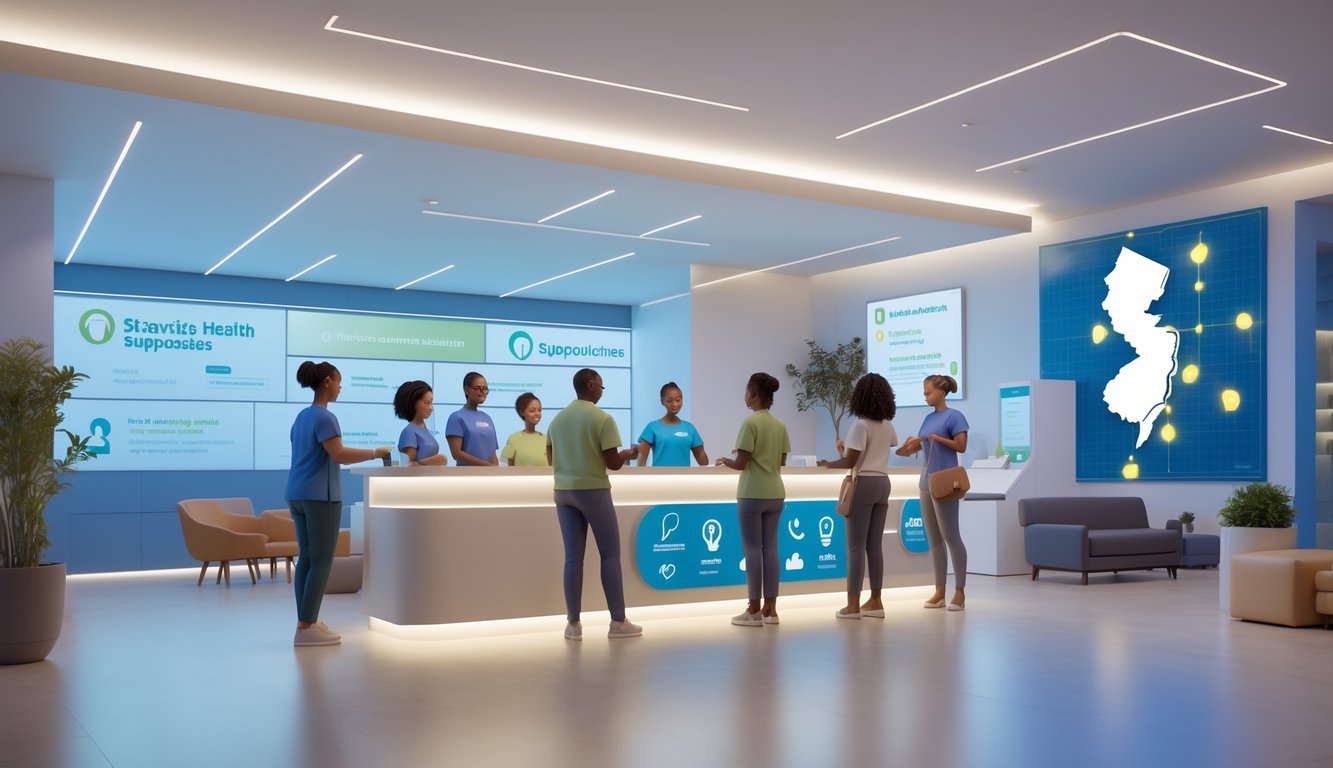
New Jersey has several major statewide resources, like 24/7 crisis hotlines, addiction services, and support programs. These connect you to help during emergencies and offer ongoing care options.
DMHAS runs as New Jersey’s main state agency for mental health and substance use services. They operate treatment facilities, fund local programs, and coordinate care.
You can get DMHAS services through county screening centers. They’ll assess your needs and connect you to the right programs.
Key DMHAS Services:
DMHAS also runs behavioral health integration programs that combine mental health and medical care. These programs let you get both types of treatment in one spot.
Local providers, like hospitals and counseling centers, deliver these services in your community.
NJ MentalHealthCares has a statewide helpline to connect you with mental health services near you. Staff can help you find providers, explain insurance, and access emergency care.
They’ll give you info on different treatment types in New Jersey. Staff can walk you through the differences between inpatient and outpatient care.
If you’re low-income, you can ask about sliding fee programs. Many community mental health centers charge less based on what you can pay.
The helpline can also help you figure out insurance and prior authorization. This makes it easier to get mental health care through your plan.
The 988 Suicide & Crisis Lifeline gives free, confidential help 24/7 for mental health, suicide, and substance use issues. You can call or text 988 anywhere in New Jersey.
How to Access 988:
Trained crisis counselors will talk with you right away. They’re there for emotional distress, suicidal thoughts, or any mental health crisis.
These counselors can also connect you to local services and emergency help. They’ll work with you on safety plans and help you find ongoing support.
Everything is confidential. You don’t need insurance or ID to use 988.
NAMI New Jersey offers education, support groups, and advocacy for folks with mental illness and their families. They run free programs all over the state to help you understand mental health conditions.
NAMI New Jersey Programs:
You can join NAMI groups to meet others who’ve been through similar things. Groups meet regularly in communities in New Jersey and offer support and advice.
NAMI also gives family education classes. These cover how to support loved ones, communication tips, crisis management, and self-care.
The organization pushes for better mental health policies and more funding. You can get involved in their advocacy efforts if you want to help improve mental health care in the state.
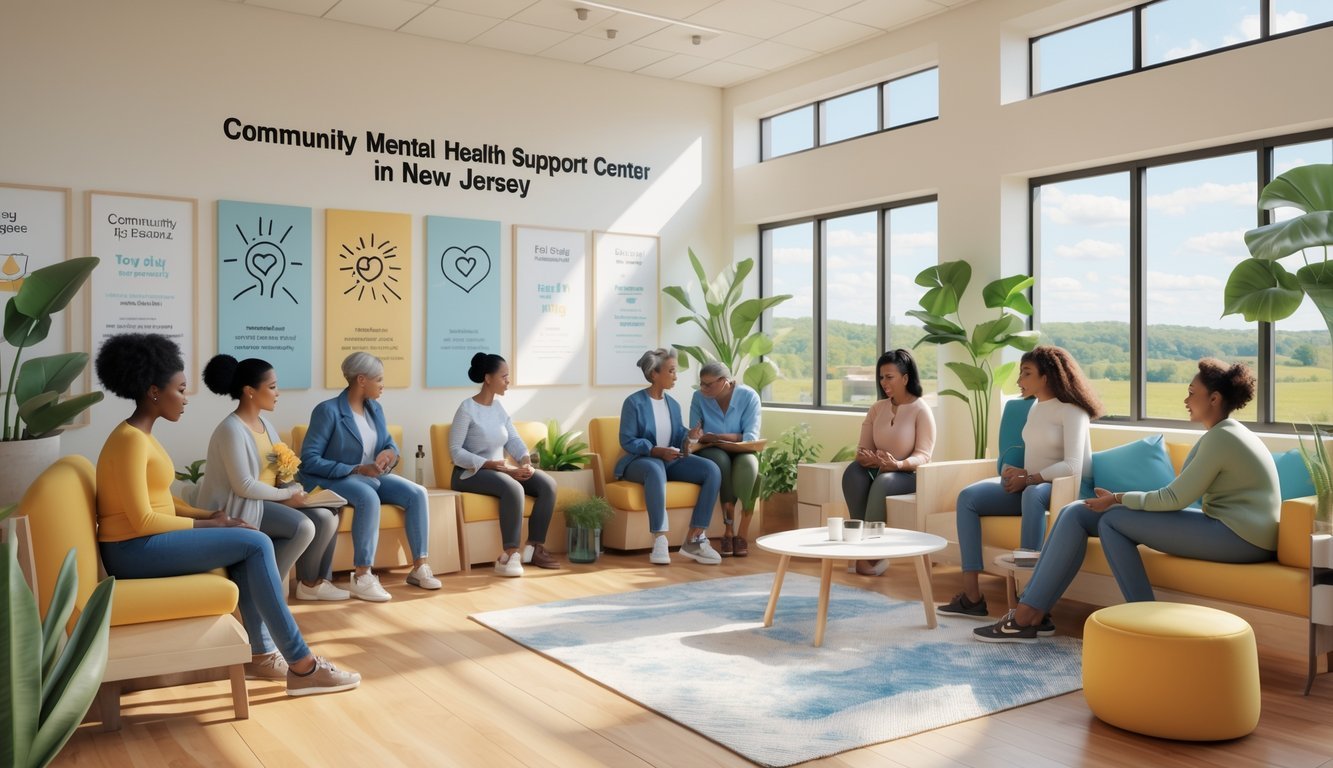
New Jersey has specialized mental health programs that let you get intensive support while staying in your community. Services include day programs, care teams, peer networks, and youth-focused options.
Partial care programs give you structured treatment during the day, and then you go home at night. Most run 4-6 hours a day, a few days a week.
You’ll join group therapy, individual counseling, and activities to build skills. Some also address substance use at the same time.
Common partial care services:
Most programs take Medicaid and private insurance. You can get referred by your doctor, therapist, or local mental health center.
Case managers connect you with mental health, medical, and community services. Community-based programs offer assessment, planning, and monitoring for up to a year to help keep you out of the hospital.
PACT (Program of Assertive Community Treatment) teams support people with serious mental illness. Teams include psychiatrists, nurses, social workers, and peer specialists.
PACT teams come to you, wherever you are. They help with meds, finding housing, getting a job, and handling crises.
Case managers also help you figure out the healthcare system and apply for things like disability, housing, or food assistance.
Peer groups let you connect with others who know what you’re going through. These groups are usually led by people in recovery.
Family groups help your loved ones learn about mental illness and how to cope. The Mental Health Association in New Jersey runs several groups statewide.
Types of groups you might find:
Most groups are free and meet weekly. You can find them at local mental health centers, hospitals, or online.
Special programs support kids and teens with mental health needs. School-based programs offer counseling right in schools, for individuals, families, or groups.
Services include crisis help, psychiatric consults, and after-school programs. Many use wraparound planning, bringing in family and friends for extra support.
Youth programs often cover behavioral health, substance use prevention, and school support. Parents can join psycho-educational groups for tips on helping their kids.
Some programs offer in-school suspension counseling and staff workshops. These services aim to make schools more supportive for students facing mental health challenges.
New Jersey offers 24/7 crisis hotlines in every county, with immediate help when you need it. Specialized programs are available for substance use and people with both addiction and mental health issues. Federal SAMHSA resources add more treatment options and support.
You can call county crisis hotlines any time, day or night. Each county has its own number, staffed by trained counselors who respond to emergencies.
Major County Crisis Lines:
Many hospitals offer walk-in psychiatric screening in their ERs. Mobile teams can come to you in most counties if you can’t get to a facility.
The national 988 Suicide & Crisis Lifeline is always free and confidential. Call or text 988 anytime if you need immediate help.
Specialized treatment centers in New Jersey help with both addiction and mental health issues. Many offer integrated care for people with more than one diagnosis.
Treatment Options:
Princeton Hospital has walk-in substance abuse screening in their ER, along with psychiatric services. You can get evaluated for both mental health and substance use right away.
Crisis centers around New Jersey have staff trained in substance use evaluation. They’ll connect you with the right treatment based on your needs and insurance.
SAMHSA adds extra support alongside New Jersey’s state services. The agency runs treatment locators and programs for different substance use disorders.
You can use SAMHSA’s treatment locator online to find certified facilities in your area. The database lists payment options, treatment styles, and services you’ll find at each place.
Federal Support Includes:
SAMHSA sends funding to many of New Jersey’s behavioral health programs through block grants and special projects. This support makes treatment more available and can lower costs for people without insurance.
The National Clinician Consultation Center gives healthcare providers free phone consultations at (855) 300-3595. This service helps primary care doctors figure out and manage substance use cases.